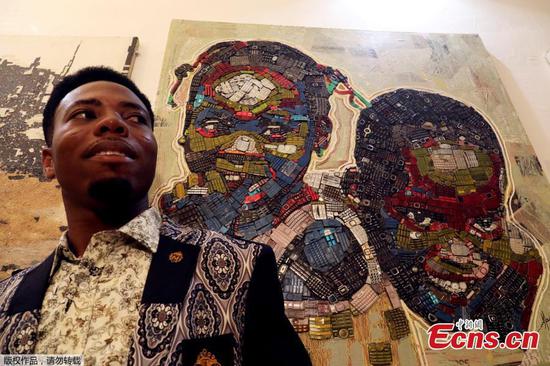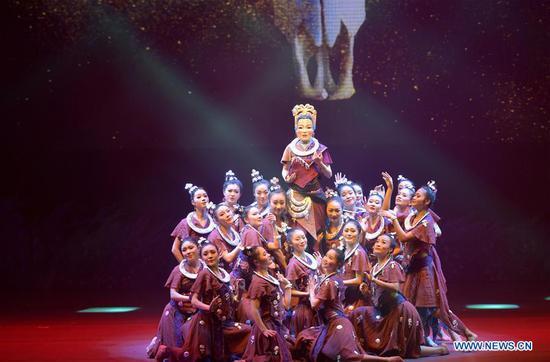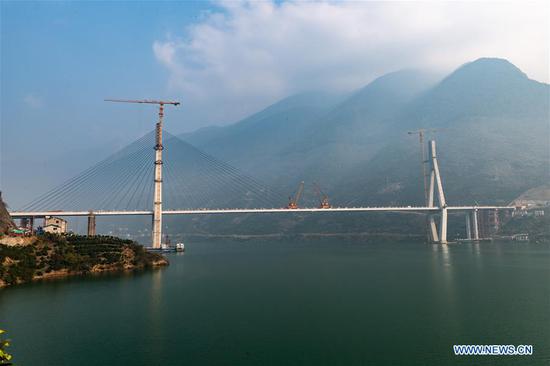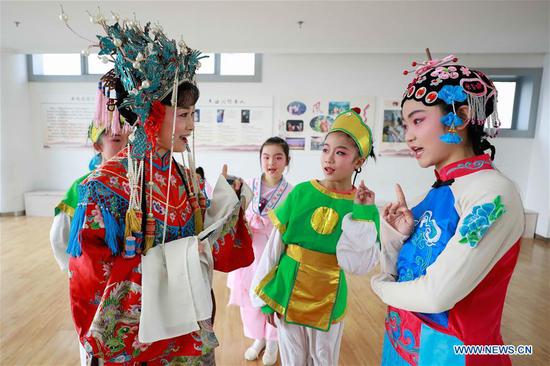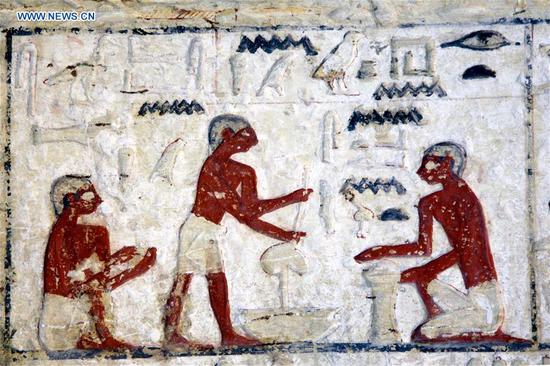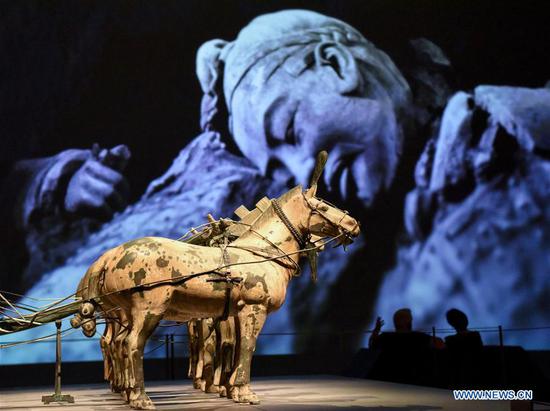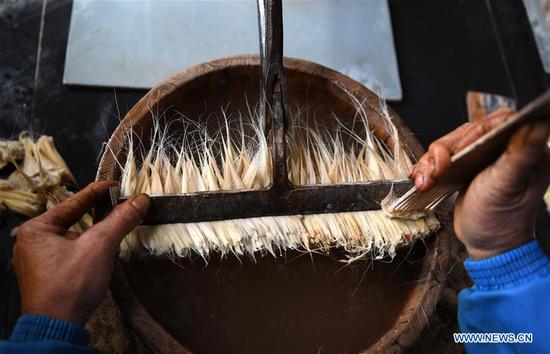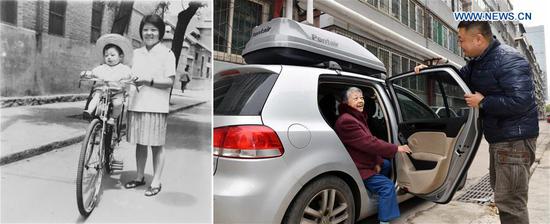Film on reform resonates with personal experiences from various walks of life
A new political documentary focusing on 40 years of China's reform and opening-up has gained a wide audience and brought positive feedback since it was first screened on China's flagship channel last week.
The series, The Only Path, has eight episodes and premiered on Dec 11 during prime time on CCTV-1.
It presents a panoramic review of the 40-year history of China's reform in various aspects and showcases how socialism with Chinese characteristics has been achieved through the long-term efforts of the Party and the people.
The history review earned high ratings from audience members, who generally believe the film is a rare and enlightening work born in a great era that helps strengthen their determination to carry out reform until the end.
Ni Yan, a staff member at Henan Provincial People's Hospital, told People's Daily that she felt proud of the improvements in the national medical insurance system after watching the series.
"It's becoming more convenient for people to see a doctor. Medical reimbursement is also rising. I deeply feel that our national medical system is progressing step by step," she said.
Shang Shuqi, dean of the School of Mechanical and Electrical Engineering, Qingdao Agricultural University, said he watched the show every day. Born in 1958, Shang considered himself a beneficiary of the policy and said each scene resonated with his past experiences.
"My studies on intelligent agricultural machinery and automation have benefited a lot from the reform. Modern agricultural machinery has replaced manual labor, which not only increased farming efficiency but also largely improved people's working and living environment," he told Xinhua News Agency.
Lyu Yong, an entrepreneur and general manager of a farm products company in the Tibet autonomous region, said all his employees and partners felt uplifted after watching the show.
"We are more aware that it is precisely because of the good policies that our enterprises can flourish," he told People's Daily.
Yao Yao, a student at Wuhan University, told China National Radio that, unlike textbooks, the film uses lots of historical stories with vivid sound and visual language. She was most impressed by the one of how people of two generations have given their sweat and blood in the construction of the Chengdu-Chongqing high-speed railway.
"From female workers at textile factories to workers at oil fields, each of them have dedicated their strength in the building of the great nation today," she said, adding that it reminds the audience of the hard work and contributions of ordinary people.
Guo Jianning, dean of School of Marxism at Peking University, said one of the reasons for the documentary's success is that it integrates storytelling into the presentation, China National Radio reported. "It tells touching stories about the history of reform while explaining President Xi Jinping's thoughts on governance. The combination makes the show understandable while imprinting a profound impression on people's minds."
The documentary's director, Xiao Zhensheng from CCTV, said the film tries to answer some major questions: "What new journeys has the policy helped China embark on?"; "How does the reform maintain the momentum to push China to become stronger?"; and "Where did the change come from and where does it lead?"
It is our responsibility as a national television station to give our answers to these epic questions in the days of the 40th anniversary of reform and opening-up, and that was our original intention in producing this documentary, he said.


















